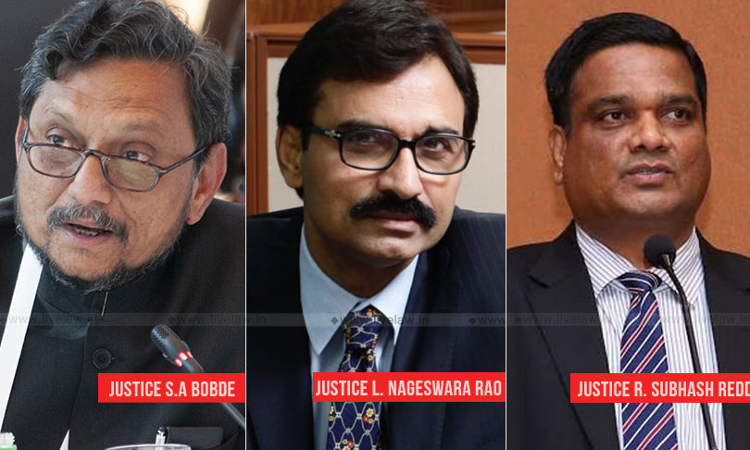Rape And Murder Of 8Yr Old Girl: SC Commutes Death Sentence To 25 Yrs Imprisonment Without Remission
MEHAL JAIN
19 Jan 2019 10:49 AM IST

Next Story
19 Jan 2019 10:49 AM IST
The Supreme Court on Friday commuted to life imprisonment the death sentence, as confirmed by the Madhya Pradesh High Court, of a convicted for the rape and murder of an eight-year old girl. The bench of Justices S. A. Bobde, L. Nageswara Rao and R. Subhash Reddy noted that the appellant was charge-sheeted under Sections 5 and 6 of Protection of Children from Sexual Offences Act, 2012,...
